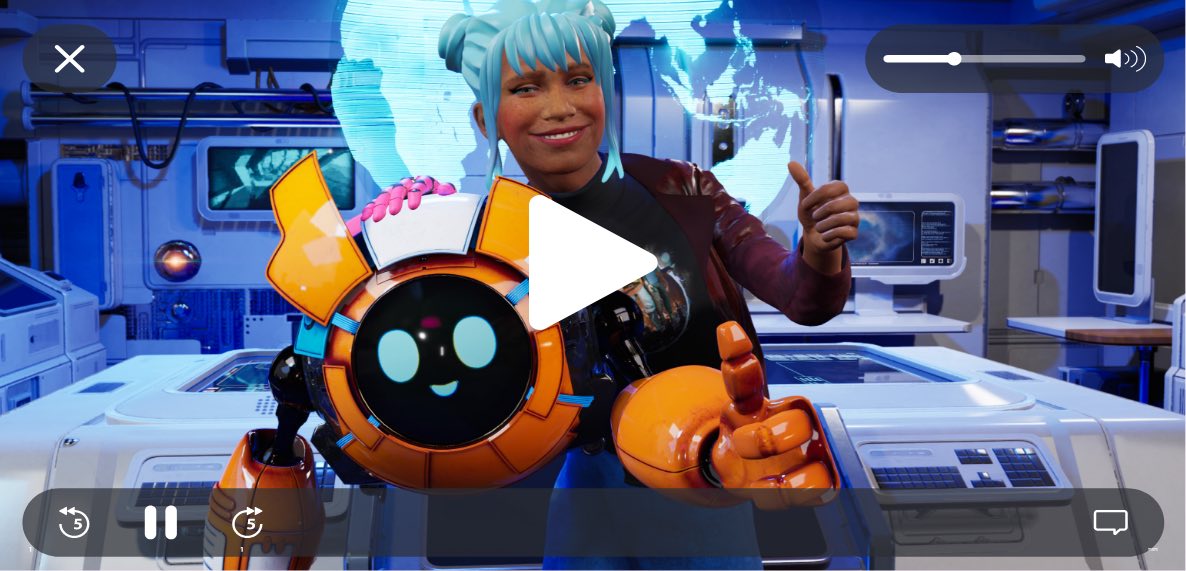United Nations Environmental Program (UNEP) Ozone Secretariat has launched an initiative to revamp the Reset Earth education platform using the Apollo Edition–the latest software. This game targets 13-18 year old students and provides teachers with the resources and tools necessary to convey the importance of environmental protection.
Apollo in the Metaverse
The Ozone Secretariat implemented motion capture technology to bring Apollo, their newest Reset Earth character to life. Thanks to this technology, the audience can warm to the character easily and quickly. A motion-capture suit involving 17 sensors and headset technology was used for body movements and facial expressions in this metaverse experience.

How does the Metaverse Simulator work?
Students get to be decision makers on the Reset Earth Simulator game through the option of selecting one out of the four potential policies. These policies have distinct outcomes all of which are documented and visualized by the game. Based on their understanding of the ozone layer, its function and importance, the impacts of their (students) decisions on the environment, society, economy, and political influence are recorded and scored.
In reference to the game, Meg Seki, the executive secretary of the Ozone Secretariat stated:
“By giving young people innovative learning tools, we hope to inspire them to become the future scientists and policy-makers championing environmental protection.’’
Teaching environmental protection
Climate change is one of the biggest health threats confronting the human race. The present climate crisis threatens to undo the last fifty years of progress in development, global health, and poverty reduction, and widen existing health inequalities. This is why this initiative by UNEP targets teaching the next generation via the metaverse to champion environmental protection programs and reset the planet Earth. The metaverse is proving to be an effective platform for engaging educational programs and has been adopted by some educational institutions, like Wharton Business School, Draper University, and Katariba, a non-profit organization.
 Uzoamaka U.
Uzoamaka U.











